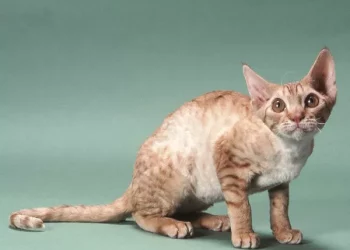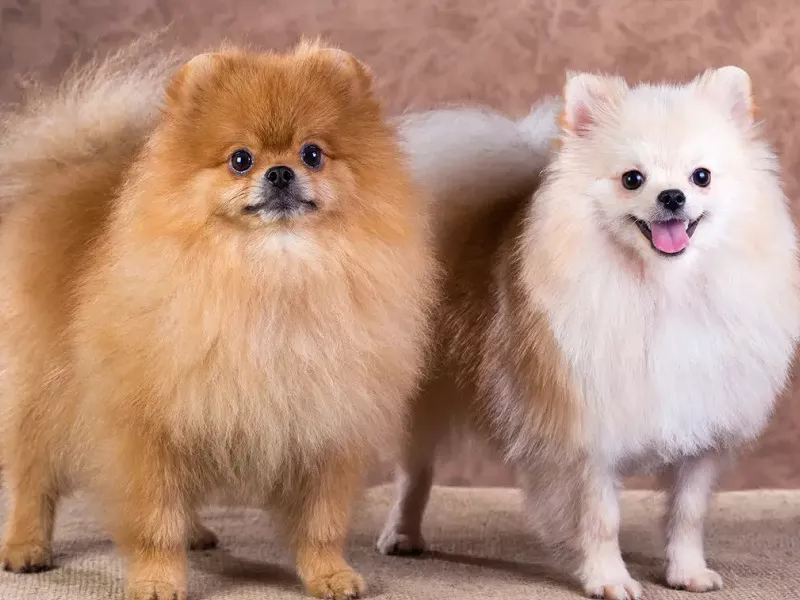Bearded dragons are captivating reptiles that require a well-balanced diet to thrive in captivity. While their diet primarily consists of insects, it is essential to include a variety of vegetables and leafy greens to ensure proper nutrition. Collard greens, a nutrient-rich cruciferous vegetable, are often considered a healthy option for bearded dragons. However, it is crucial to explore the potential benefits and limitations of including collard greens in their daily diet. In this article, we delve into the nutritional aspects of collard greens and discuss whether they can be fed to bearded dragons on a daily basis.
Understanding the Nutritional Value of Collard Greens
Collard greens are an excellent source of vitamins, minerals, and fiber, making them a valuable component of a bearded dragon’s diet. They are rich in vitamin A, vitamin K, vitamin C, and calcium, which are vital for the reptile‘s overall health and well-being. The high fiber content aids in digestion and promotes a healthy gastrointestinal system. Additionally, collard greens offer hydration due to their high water content, supporting proper hydration levels in bearded dragons.
The Importance of Variety in a Bearded Dragon’s Diet
While collard greens offer several nutritional benefits, it is crucial to provide a diverse diet for bearded dragons. Variety ensures that the reptiles receive a wide range of nutrients necessary for their growth and development. Feeding a single type of vegetable, including collard greens, every day may result in an imbalanced diet, potentially leading to nutrient deficiencies or excesses. It is advisable to rotate different vegetables and leafy greens to ensure a well-rounded and nutritionally complete diet for bearded dragons.
Calcium-to-Phosphorus Ratio Considerations
Maintaining an appropriate calcium-to-phosphorus ratio is vital for bearded dragons’ health, as an imbalance can lead to metabolic bone disease. Collard greens have a favorable calcium-to-phosphorus ratio, making them a suitable choice for providing calcium to bearded dragons. However, they also contain oxalates, which can hinder calcium absorption. To mitigate this, collard greens should be fed alongside calcium-rich supplements and balanced with other vegetables and insects to maintain the required calcium-to-phosphorus ratio.
Gut Loading and Calcium Supplementation
Incorporating gut loading and calcium supplementation strategies further enhances the nutritional value of collard greens for bearded dragons. Gut loading refers to feeding insects nutrient-rich foods before offering them to reptiles, ensuring that the insects themselves become a valuable source of nutrition. This practice boosts the overall nutrient intake of bearded dragons, compensating for any potential limitations in a single food item such as collard greens. Additionally, calcium supplementation should be provided to ensure adequate calcium levels for proper bone development.
Other Vegetables and Leafy Greens for a Balanced Diet
While collard greens can be included in a bearded dragon’s diet, it is important to incorporate a variety of vegetables and leafy greens to maintain a balanced nutritional profile. Some suitable options include kale, mustard greens, dandelion greens, turnip greens, and bok choy. Each of these greens offers different nutrient compositions, ensuring a diverse range of essential vitamins and minerals.
Observing Bearded Dragons’ Individual Needs
As with any dietary considerations, it is crucial to observe the individual needs and preferences of bearded dragons. While some bearded dragons may readily accept and thrive on a diet that includes collard greens daily, others may exhibit preferences for other greens or show aversions to certain foods. It is important to monitor their health, growth, and behavior and make adjustments to the diet accordingly.
Conclusion
Collard greens can be a nutritious addition to a bearded dragon’s diet, offering a range of essential vitamins, minerals, and fiber. However, they should not be the sole component of their daily diet. Rotation and variety are key to ensure a balanced and nutritionally complete diet for bearded dragons. Consider incorporating a diverse selection of vegetables and leafy greens, along with gut loading and calcium supplementation strategies. By observing the individual needs of bearded dragons and providing a well-rounded diet, reptile enthusiasts can promote their pets‘ optimal health and well-being.
Recommended reading:

























